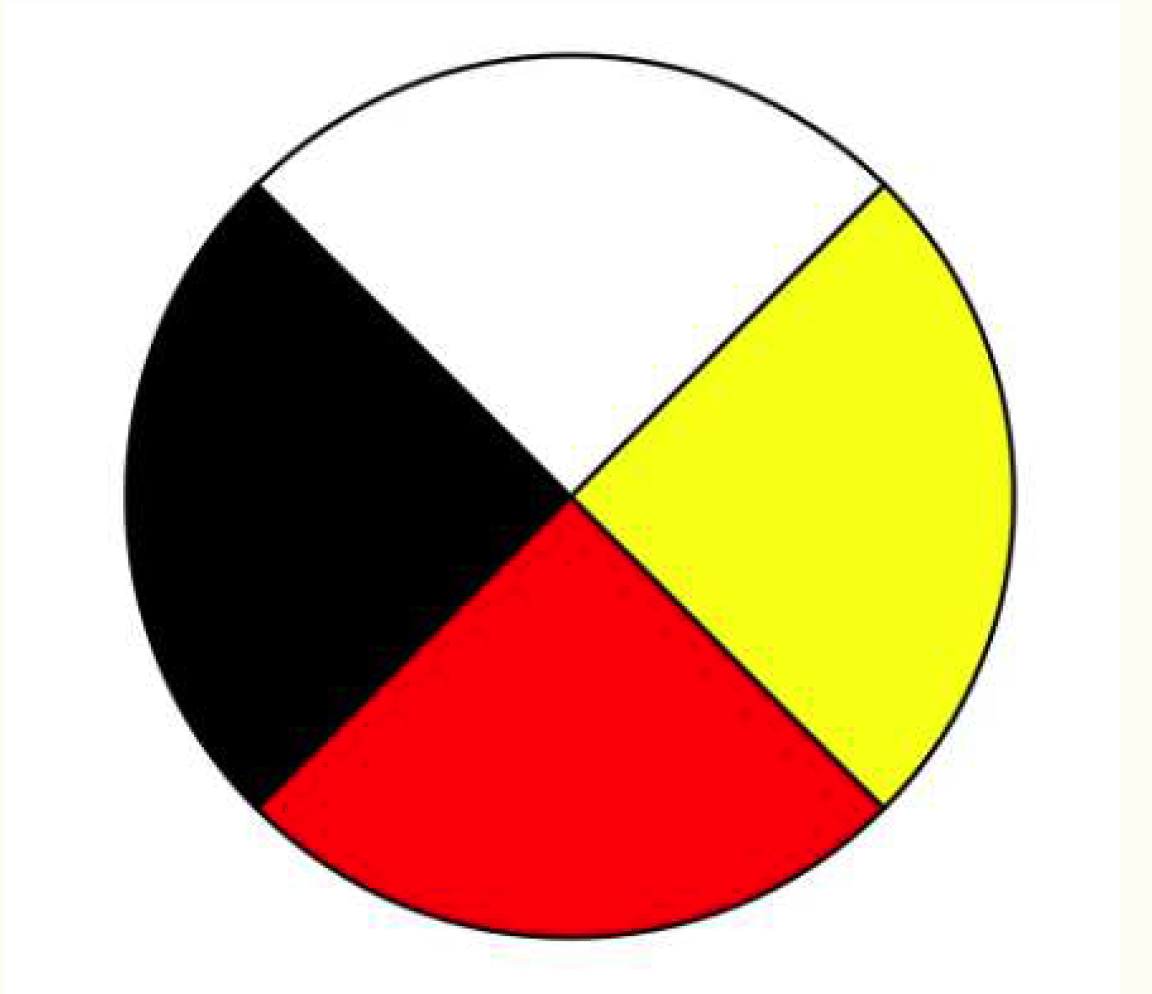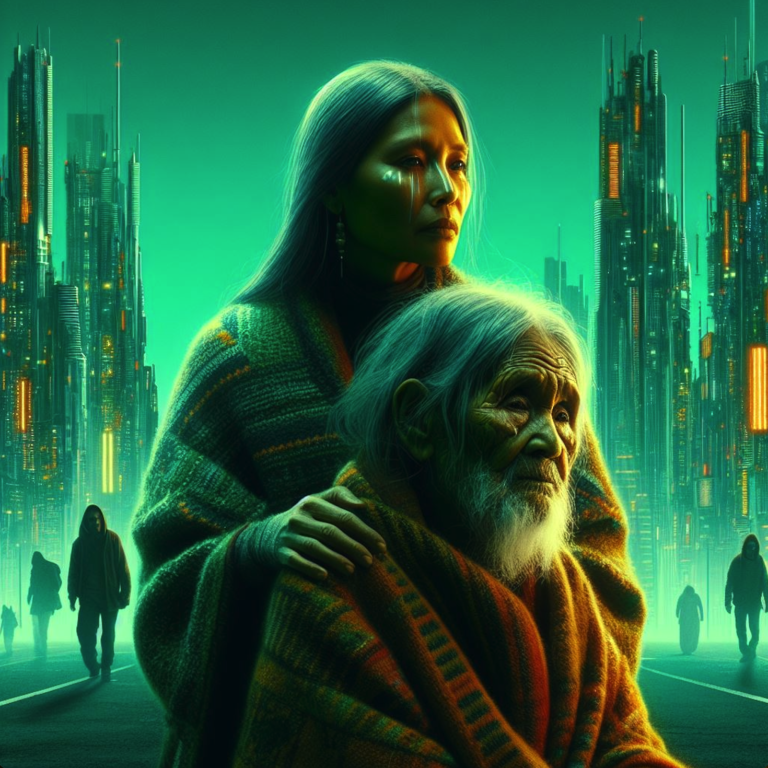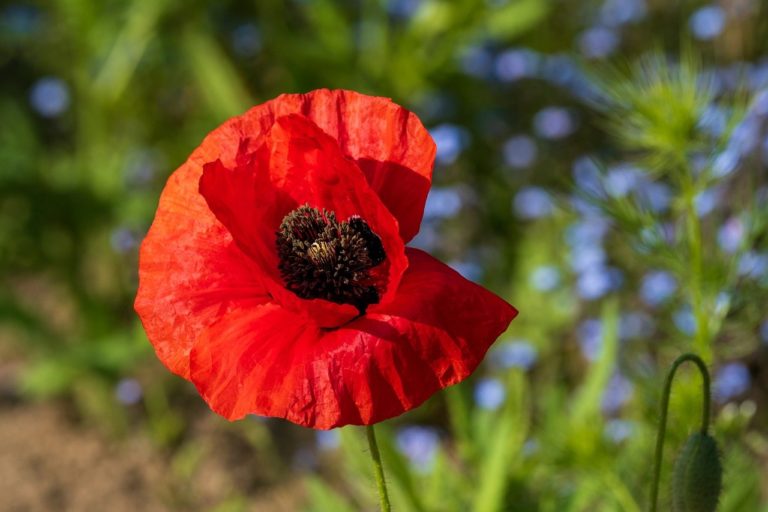
Similar Posts

The Harmful Impact of White Innocence: Understanding Your Role in Systemic Racism Against Indigenous Peoples
It is widely believed that success in society is a result of individual effort and not systemic privilege. This belief also extends to our understanding of race and racism, where many white individuals may remain unaware of their role in perpetuating systemic injustices against Indigenous Peoples. White innocence refers to the belief held by some…

Dispossessed on Their Own Lands Occupied by Canada: Tackling the Crisis of Indigenous Houselessness
The pervasive issue of houselessness among Indigenous peoples in Canada not only reveals the depth of societal divides but also calls for a significant paradigm shift in societal thinking and problem-solving approaches. The growing visibility of ‘tent cities’ and widespread homelessness is a stark indicator of these divisions. To effectively address these challenges, Canadian society must transition from an individualistic mindset to one that embraces Indigenous wholistic perspectives.

Legal Reflections on Indigenous History Month: Decolonization and Anti-capitalism in Canada
Each June, Indigenous History Month serves as a period of acknowledgement and celebration of the cultures, histories, and contributions of Indigenous nations across what we currently identify as Canada. As legal academics, we have a duty not only to honour the resilience, wisdom, and heritage of these communities but also to critically assess systemic forces…

The Right to Comfort and Decolonization
The ‘right to comfort’ is an unstated privilege often embedded within white consciousness—a belief that comfort, ease, and a seamless existence are almost natural rights that should not be disrupted. This psyche manifests when white people engage with decolonization in ways that do not threaten their standing, power, or material benefits. It becomes evident when hard truths about colonial legacies are met with defensiveness or calls for civility rather than reflection and action (Tuck & Yang, 2012).

“Living in a Van Down By The River” meet Me there: Decolonizing the Legal System: Embracing Indigenous Laws for a More Equitable Future
Introduction “Living in a van down by the river” is often used as a metaphor for failure or a lack of ambition. However, in the context of addressing colonial legacies and the ongoing struggle against white supremacy, this phrase can be seen as a rallying call for historically marginalized communities to come together and build…

The Seven Grandfather Teachings: An Ethical Framework For Decolonizing Legal Practice
The Seven Grandfather Teachings are a set of guiding principles that have been passed down through generations by the Anishnaabe Nations. These teachings include Wisdom, Love, Respect, Bravery, Honesty, Humility, and Truth, and offer a powerful foundation for ethical lawyering and decolonizing legal practices and systems. These teachings can be applied in legal practice to…